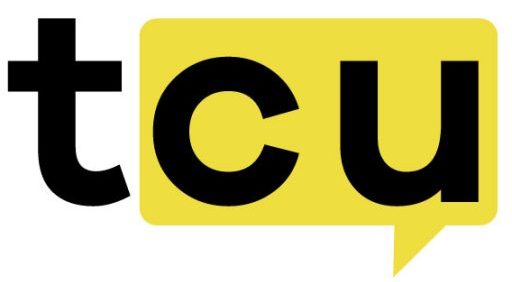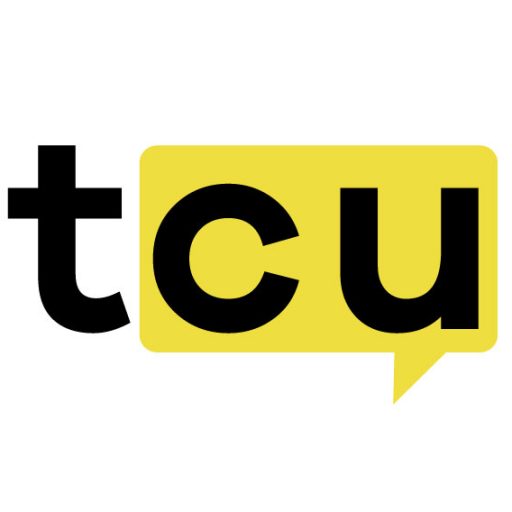Community Votes to Remove Treasury Partner
Gnosis DAO, the organization behind popular Web3 projects like Safe, CoW Swap, and Gnosis Chain, has made a decisive move by voting to terminate its relationship with treasury management partner KPK. The vote wasn’t even close—88% of participants supported the proposal to fire the firm. That’s a pretty clear message from the community.
I think what’s interesting here is the timing. KPK had actually been trying to address some of the concerns. They recently announced plans to slash their costs dramatically, from $6.3 million in 2024 down to $2.2 million for 2025. They also promised to narrow their focus strictly to treasury and liquidity management. But apparently, these efforts came too late to change minds.
Performance Issues and Cost Concerns
Looking through the community discussions, the problems seem to have been building for a while. Users pointed to what they called “highly contentious” fee structures—1% of assets under management plus 20% of generated yield. When you’re managing a treasury worth over $175 million, those percentages start to add up pretty quickly.
There were also performance questions. Some community members noted that KPK’s returns weren’t keeping up with benchmark assets like sUSDS from Sky (formerly Maker) and Lido’s wstETH. That’s the kind of thing that gets people’s attention when you’re paying significant fees for professional management.
But perhaps the most damaging incident happened back in June with a EURe/sDAI liquidity pool on Balancer. The pool was set up by KPK, Gnosis, and Balancer to handle DAO funds and earn fees. The problem was in the oracle configuration—it only updated every three hours and not at all on weekends. This created opportunities for arbitrage, and one user estimated about $700,000 was lost due to the lagging prices.
Communication and Scope Problems
KPK’s defense pointed to what they called a “poorly defined scope” of their initial engagement and responsibilities that kept expanding. They acknowledged they should have provided more structured updates and clearer reporting cycles. In an open letter, they emphasized their commitment to better communication.
But community members pushed back hard on this framing. One user put it bluntly: “It’s not a communication issue, it’s a performance issue.” That sentiment seemed to resonate with many voters.
There were also concerns about voting patterns. Some responses to the proposal noted what they called “shameless” votes from KPK employees, which reportedly made up 75% of the support for keeping the firm. That kind of thing doesn’t sit well in decentralized communities.
Broader Trend in DeFi
This isn’t just about Gnosis and KPK though. We’re seeing a broader trend where DAOs are becoming more critical of their service providers. Treasury managers and risk consultants were supposed to be the solution—specialists who could handle sensitive work better than token holder voting.
But accusations of service providers collecting fees while delivering minimal value aren’t uncommon anymore. Last year, we saw Aave and its former risk advisor Gauntlet have a public falling out before Gauntlet moved to competitor Morpho. More recently, Uniswap’s fee switch decision and operational consolidation sparked debates across DeFi.
One observer from Sandbox Tree Capital called Gnosis DAO’s move a “business sense driven decision.” That might be the key takeaway here. DAOs are maturing, and they’re starting to make decisions based on clear business metrics rather than just decentralization ideology.
It’s a reminder that in the end, performance matters. Whether you’re a traditional company or a decentralized organization, if you’re paying for a service and not getting the expected results, changes are going to happen. The 88% vote suggests the Gnosis community reached that conclusion pretty clearly.
![]()


